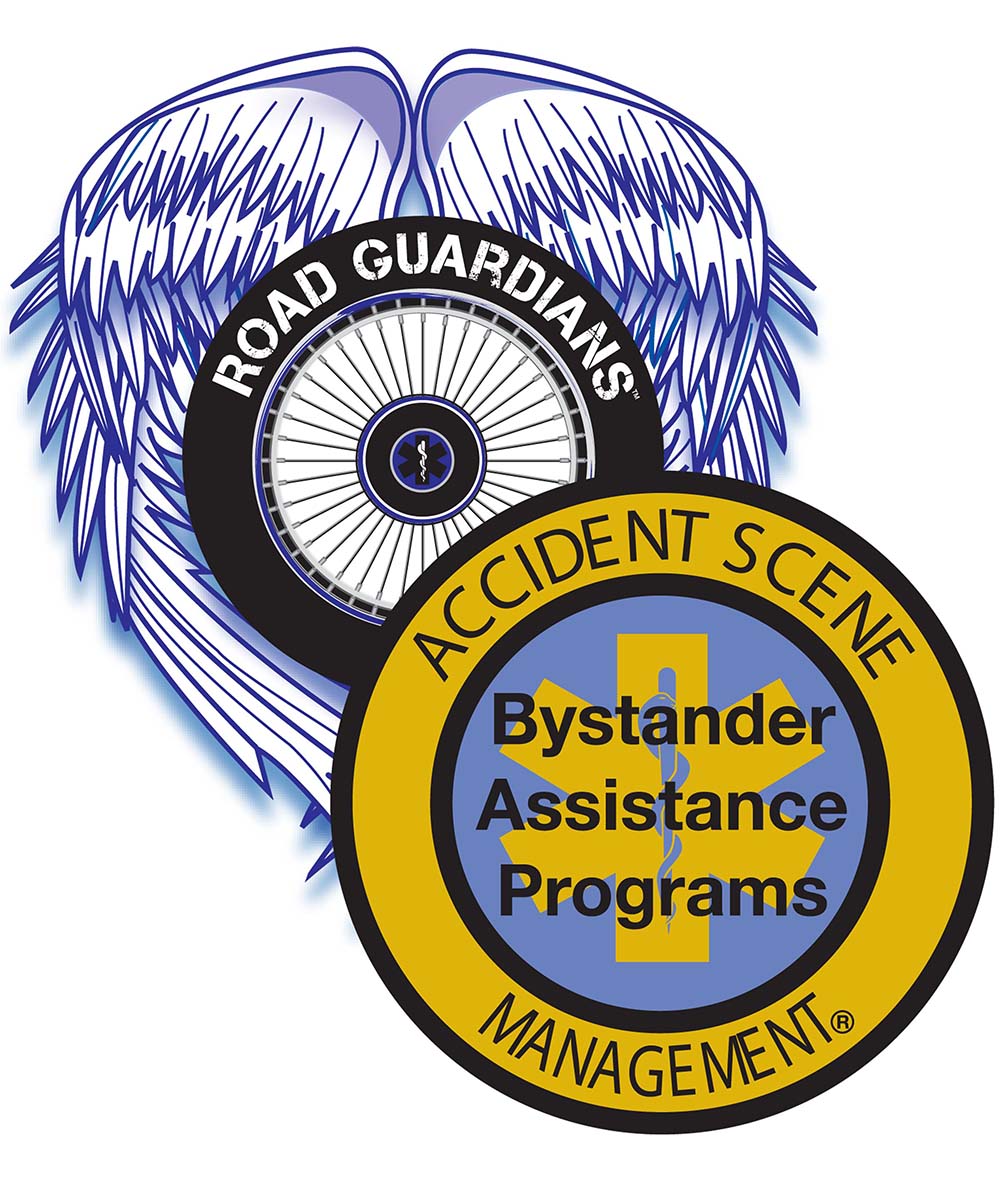Accident Scene Management / Road Guardians
Login |
(262) 706-3278
0
You have 0 items in your cart
Emergency Response:
CHAPTER 68. EXEMPTIONS FROM CIVIL LIABILITY
Subchapter I. Immunity for Rendering Emergency Care
§ 6801 Persons rendering emergency care exempt from liability; Advanced Life Support Standards Committee.
(a)?Notwithstanding any inconsistent provisions of any public or private and special law, any person who voluntarily, without the expectation of monetary or other compensation from the person aided or treated, renders first aid, emergency treatment or rescue assistance to a person who is unconscious, ill, injured or in need of rescue assistance, or any person in obvious physical distress or discomfort shall not be liable for damages for injuries alleged to have been sustained by such person or for damages for the death of such person alleged to have occurred by reason of an act or omission in the rendering of such first aid, emergency treatment or rescue assistance, unless it is established that such injuries or such death were caused wilfully, wantonly or recklessly or by gross negligence on the part of such person. This section shall apply to members or employees of nonprofit volunteer or governmental ambulance, rescue or emergency units, whether or not a user or service fee may be charged by the nonprofit unit or the governmental entity and whether or not the members or employees receive salaries or other compensation from the nonprofit unit or the governmental entity. This section shall not be construed to require a person who is ill or injured to be administered first aid or emergency treatment if such person objects thereto on religious grounds. This section shall not apply if such first aid or emergency treatment or assistance is rendered on the premises of a hospital or clinic.
(b)?For the purpose of assisting the Board of Medical Licensure and Discipline in developing standards for advanced life support services, there is hereby created the Advanced Life Support Standards Committee. The Standards Committee shall be composed of the Chairperson and 20 members. The Chairperson will be appointed by the Board of Medical Licensure and Discipline. The 20 members shall be selected from names submitted to the Board of Medical Licensure and Discipline by resolution of the following respective organizations:
(1)?Three representatives of the American College of Emergency Physicians (1 representing each county);
(2)?One representative from the American College of Surgeon’s Committee on Trauma;
(3)?One representative from the Medical Society of Delaware;
(4)?One representative from the Delaware Chapter of the Emergency Department Nurses Association;
(5)?Three active practicing ambulance attendants, 1 from each county, appointed by respective County Firefighter’s Association;
(6)?One representative from the State of Emergency Medical Services Office;
(7)?One representative from the State Fire Prevention Commission;
(8)?One representative from New Castle County government;
(9)?One representative from Kent County government;
(10)?One representative from Sussex County government;
(11)?One representative from the City of Wilmington;
(12)?One representative from the City of Dover;
(13)?One representative from Delaware Chapter of the American Heart Association;
(14)?One representative from the Bureau of Health, Planning, and Resources Development Division of the State Department of Health and Social Services;
(15)?One representative from Delaware State Fire School;
(16)?One practicing paramedic, certified and employed in the State. The chief or director of each county paramedic service shall submit 1 name for selection to the Board of Medical Licensure and Discipline.
Each representative shall serve at the pleasure of the organization which representative represents and representative’s successor shall be chosen in a like manner. The Standards Committee will meet at the call of the Chairperson of the Standards Committee or the Chairperson of the Board of Medical Licensure and Discipline.
The Standards Committee shall provide technical assistance for establishment of minimum standards for advanced life support services, and review curricula for training programs submitted to the Board of Medical Licensure and Discipline referring them back to the Board with appropriate recommendations.
16 Del. C. 1953, § 6801; 58 Del. Laws, c. 105; 59 Del. Laws, c. 361, § 1; 62 Del. Laws, c. 93, § 1; 63 Del. Laws, c. 235, §§ 1, 2; 66 Del. Laws, c. 51, § 1; 66 Del. Laws, c. 235, §§ 1, 2; 70 Del. Laws, c. 186, § 1; 72 Del. Laws, c. 137, §§ 23, 32; 77 Del. Laws, c. 319, § 1.;
§ 6802 Exempting nurses from civil liability in rendering emergency care.
Any registered nurse or any licensed practical nurse, licensed as such by any state, who in good faith renders emergency care at the scene of any emergency or who undertakes to transport any victim thereof to the nearest medical facility shall not be liable for any civil damages as a result of any act or omission in rendering the emergency care; provided, however, such act or omission is not grossly negligent or intentionally designed to harm the victim.
.
Laws, c. 266, § 1.;
§ 6803 State Emergency Response Commission; other personnel.
Repealed by 71 Del. Laws, c. 208, § 1, effective July 17, 1997.;
Automatic External Defibrillator:
House Bill 430 (2000)
Any individual who in good faith and without compensation renders emergency care or treatment by the use of an AED is immune from civil liability for any personal injury as a result of such care or treatment as long as the act does not amount to willful or wanton misconduct or gross negligence.
Any individual who authorizes the purchase of an AED, provides training in CPR and the use of an AED, or is responsible for the site where the AED is located shall be immune from civil liability for any personal injury that results from any act or omission that does not amount to willful or wanton misconduct or gross negligence.
Any entity to which AEDs are distributed must insure that:
The State EMS Medical Director must maintain a file containing the name of each person of entity that acquires an AED with state funding.
